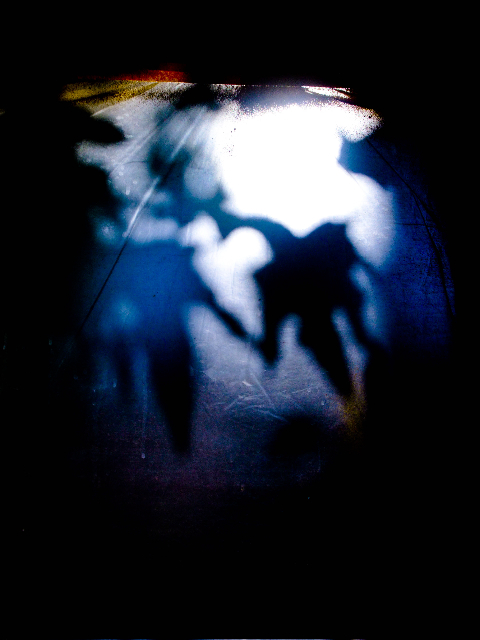 This is the morning that summer ends. In one hard frost our garden has become an abandoned battlefield, the last vestiges of the living lay stiff and frozen, black wilted zucchini leaves like limp umbrellas stand as pathetic monuments, tattered flags, over what was, only yesterday, a vegetable garden. Potatoes love one heavy frost. It gives them weight and tough skins, and prepares them for the long months in the cellar. But two hard frosts will kill them, so the harvest contains uncertain urgency.
This is the morning that summer ends. In one hard frost our garden has become an abandoned battlefield, the last vestiges of the living lay stiff and frozen, black wilted zucchini leaves like limp umbrellas stand as pathetic monuments, tattered flags, over what was, only yesterday, a vegetable garden. Potatoes love one heavy frost. It gives them weight and tough skins, and prepares them for the long months in the cellar. But two hard frosts will kill them, so the harvest contains uncertain urgency.
The seasons change violently here. Summer steals away like a casual lover in the night, and winter finds us like a flood, filling something. It is to be expected. Still, every year that I wake early, instinctively, to harvest the potatoes, I am disillusioned by my garden’s easy surrender, the hasty defeat that comes after the long months of my ridiculous labors, bearing them up from seeds.
Two of my children are babies yet, swaddled in a state of perpetual intoxication, eager to touch, to speak, to wander this mean world, still quick to fall asleep and hard to wake up by accident. But this year, Aspen is standing at the bottom of the stairs when I look up from my shoelaces. I nod my head yes, and she scuttles to find her shoes. She follows me.
My daughter is seven now, and already I see the ways of women settling on her, the lilt to her hip, the shape of her neck as she turns to look at me, her breath like tiny clouds, the beginning of loveliness in her step.
Today, the walk to the garden is a long one. All summer it has been a meandering stroll over hot dust and through breeze-bending trees. But today the frost slips up our muslin skirts, seeps into our feet. Winter whispers to us through our summer clothes, and the minutes elongate with every crisp step.
Once there, we squat in the potato patch and claw the dirt earnestly, prying the potatoes from their solid bed. When one of us unearths a gangly bunch of them, we hold it up to the other before we sever each individual from the thick root that connects them. See here? Evidence that we have grown something. And here, the last to come up, the uterine potatoes we buried in May that sent forth these others. They are all soft black rot now, and when we throw them over the fence, they splat and make a dark stain on the earth.
Above us, the geese make their annual exodus. It is a bizarre orchestra of avian screams – the sound we have heard all our lives, yet not heard. So together we pause briefly and listen to what passes over us for a moment, before we begin again the work of harvesting potatoes.
—
April Monroe currently resides in Fairbanks, Alaska with her three children and husband. She is an undergraduate student with the University of Alaska.
Photo by Tricia Louvar
